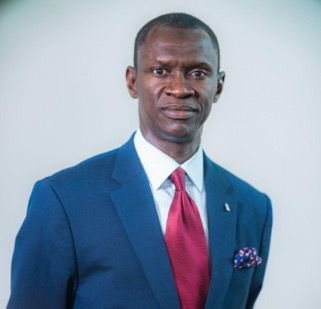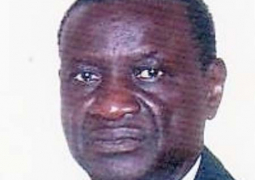
“When fairness dies, justice loses its name.”
The recent decision by the Judiciary to establish panels to adjudicate petitions against legal practitioners is a step in the right direction, one that deserves commendation and cautious optimism. It reflects a recognition that the legal profession, noble as it is, cannot function effectively without discipline, accountability, and ethical restraint. It is an affirmation that no one is above the law, not even those entrusted with interpreting and defending it.
But while we celebrate this bold initiative, we must also sound a note of caution. The true measure of these panels will not be in their formation but in their fairness, independence, and integrity. Justice is not strengthened by punishment alone, it is strengthened by the perception that every person, however unpopular, will be heard without bias and judged without fear or favour.
Lord Denning, that great English jurist whose moral clarity continues to illuminate the path of justice, said “Justice must be rooted in confidence, and confidence is destroyed when right-minded people go away thinking, the judge was biased.” These words should guide every member of these newly formed panels. For if the process is perceived as selective, vindictive, or premeditated, its moral authority will collapse before it even begins its work.
Let the panels therefore treat all who appear before them with dignity and fairness without favouritism, without prejudice, without fear. Let the focus always remain on the issue, not the individual. Let dissenting voices never be mistaken for disloyalty, nor criticism for misconduct. Justice does not flourish in an atmosphere of intimidation, it thrives in the sunlight of fairness and independence.
The composition of these panels also demands reflection. We must move away from the recurring pattern where the same familiar faces dominate every significant judicial or professional body. Diversity of thought and experience is essential to impartiality. If the panels are to command respect, they must be seen to embody the broad character of the profession, not a select inner circle of influence. New minds, younger practitioners, and those of proven integrity should be given the opportunity to serve, for justice gains strength from inclusion.
Equally critical is the avoidance of conflicts of interest. No member should sit in judgment over a colleague with whom they share a professional, personal, or financial relationship. The great principle enunciated by Lord Hewart CJ in R v. Sussex Justices, ex parte McCarthy (1924) remains timeless“It is not merely of some importance but of fundamental importance that justice should not only be done but should manifestly and undoubtedly be seen to be done.” A process tainted by conflict, however unintended, ceases to command moral respect.
These panels must also remain apolitical and immune from external influence. The moment political considerations or personal loyalties seep into judicial processes, justice loses its soul. As Chinese jurist Justice Li Kefu stated, “Justice cannot serve two masters, it cannot bend to politics and claim purity at the same time.” The panels must therefore operate in complete independence, guided only by law, evidence, and conscience.
While discipline is necessary, it must never become a tool for witch-hunting. The objective should be to correct, not to crush, to rehabilitate, not to humiliate. Justice that seeks vengeance ceases to be justice, it becomes power. As Justice Oliver Wendell Holmes Jr. stated, “The law is the witness and external deposit of our moral life.” If the moral life of the law is to remain pure, then the process of discipline must reflect integrity, humility, and compassion.
There are undeniable benefits to this initiative. It promotes accountability within the Bar, restores public confidence in the administration of justice, and reaffirms that the privilege of being called to the Bar carries weighty responsibilities. But we must also acknowledge the risks i.e. selectivity, political infiltration, and bias. If allowed to take root, these would transform a noble undertaking into a theatre of injustice.
The Judiciary stands today at a moral crossroads. It has taken a bold step to hold practitioners accountable, but it must now guard that step with vigilance. The success of these panels will not be measured by how many lawyers they punish, but by how faithfully they uphold the principle of fairness. Lord Denning once cautioned, “A judge must not alter the law to meet hard cases. He must be trusted to do justice between man and man.” Likewise, these panels must resist the temptation to please anyone, whether authority or audience and do justice only as conscience and evidence dictate.
In our context, where the rule of law remains the last line of defence against moral decay, these panels must rise above politics, ego, and personal interest. They must remind both the Bar and the public that justice, when administered with integrity, restores faith in institutions and strengthens the nation’s moral fabric.
Let the panels, therefore, be firm but fair, bold but balanced, vigilant but virtuous. Let them remember that justice, though blind, is never deaf, it hears the silent cry for fairness that echoes in every soul that comes before it.
If they can uphold this sacred duty, they will not only discipline errant practitioners, but they will also elevate the entire legal profession. For in the end, justice is not about punishment, it is about principle. And when principle guides judgment, the law becomes not an instrument of power but a reflection of our collective conscience.
About the Author
Omar FaFa M’Bai is a Legal Practitioner, an advocate for good governance, and a parent. He writes regularly on institutional integrity, leadership, and education across Africa, Middle East and Asia.



